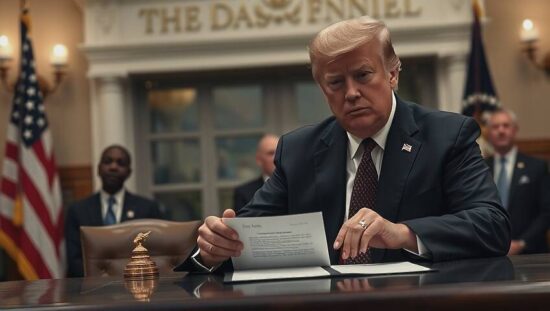In a swift move, US President Donald Trump signed an executive order on Monday, announcing the country’s withdrawal from the Paris Climate Agreement. Simultaneously, he instructed government agencies to halt expenditures from the $100 billion “Inflation Reduction Act”, a bill signed by his predecessor, Joe Biden, to promote renewable energy, green hydrogen, energy storage, electric vehicles, and heat pumps. A memorandum was also issued, directing ministers to no longer approve new wind energy projects.
Furthermore, the President declared a “national energy emergency”. This move grants federal agencies emergency powers to expand the development and transportation of fossil fuels. Additionally, parts of Alaska’s wilderness that were previously exempt from oil drilling may now be open to exploration. “We will drill, baby, drill, and do all the things we wanted to do” Trump told his supporters at the Capital One Arena in Washington.
To avoid hasty decisions, a waiting period must be observed before the withdrawal from the Paris Climate Agreement takes effect. During this time, the US, like the other 194 signatory nations, can still participate in UN climate conferences, where final statements are adopted by consensus.
The Paris Agreement commits signatory nations to limit global temperature rise to as close to 1.5 degrees as possible and no more than 2 degrees. The agreement also aims to promote climate resilience and align financial flows with climate goals.
The signatory nations of the agreement must regularly prepare climate protection plans, outlining their planned contributions to climate protection, and report on their progress in implementing the plans. The climate plan of the Biden Administration, according to the “Climate Action Tracker” report by scientists, would have put the US on a 2-degree path, although the initial measures would only have been sufficient to limit the Earth’s warming to no more than 3 degrees. At the end of Trump’s first term, the US was still on a path for a world 4 degrees hotter than before.





